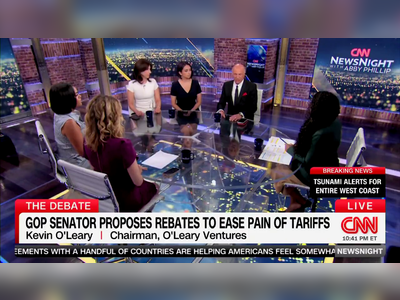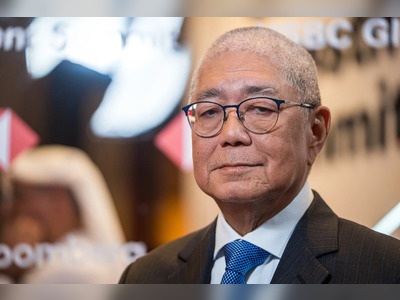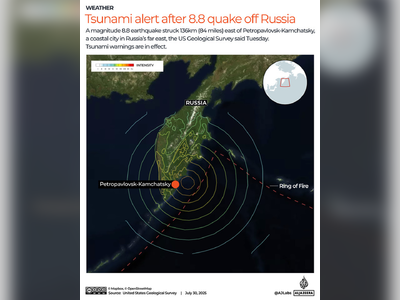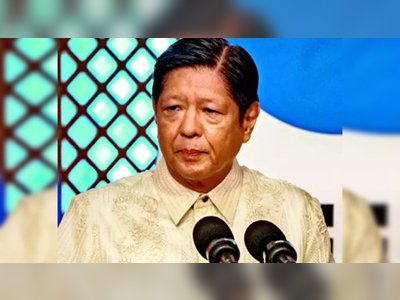Manila Times
Upholding Truth. Empowering the Philippines
Thursday, Jul 31, 2025
The Nation's Story is Told with Honor
Philippines Urges Meta to Combat Fake News More Effectively
Information and Communications Secretary calls for stronger enforcement of community standards amid rising concerns over online disinformation.
MANILA, Philippines — The Philippine Information and Communications Secretary, Rhoel Aguda, emphasized the need for Meta, the parent company of Facebook and Instagram, to intensify its enforcement of community standards within the country to combat the spread of fake news and malicious content.
During a recent discussion at the Kapihan sa Manila Bay forum, Aguda highlighted the importance of implementing geographical blocking measures against fake news content on social media platforms in the Philippines.
Aguda has expressed concerns about what he described as inadequate actions by Meta in addressing the proliferation of false information, which is especially critical given that Filipinos are among the top users of Facebook and Instagram globally.
He referenced the more stringent enforcement practices observed in countries like the United Arab Emirates and Singapore, advocating for similar efforts in the Philippines.
As head of the Department of Information and Communications Technology (DICT), Aguda criticized what he called selective application of community standards by Meta.
He noted that the tech giant is successfully geo-blocking harmful content in certain developed countries and argued that similar protections should be extended to the Philippines, which is grappling with widespread online disinformation.
He remarked, "We don’t want special treatment; we just want fair treatment," while reiterating the necessity for Meta to adopt globally recognized standards that are applicable in jurisdictions such as the European Union and the United Nations.
The DICT's initiatives include rigorous efforts to mitigate online disinformation, misinformation, and harmful activities, including illegal gambling.
Aguda expressed confidence in establishing a compliance dialogue with social media platform owners, underscoring that local groups are currently undertaking fact-checking efforts almost independently.
Despite noting Meta's recent compliance, particularly during the May 12 elections, Aguda also mentioned that other platforms like Google and TikTok have demonstrated a satisfactory level of compliance concerning the removal of fake news and disinformation content.
Coordination efforts between the DICT, the Cybercrime Investigation and Coordinating Center, and the Commission on Elections allowed for the establishment of a 24/7 Threat Monitoring Center aimed at addressing election-related disinformation.
In addition to efforts toward social media governance, Aguda announced plans for clearer policies to assist telecommunications firms in managing and blocking SIM cards that are utilized for scams and fraudulent activities.
This initiative stems from a May 30 meeting involving the National Telecommunications Commission and other telecom companies, where issues surrounding text scams post-SIM Card Registration Law of 2022 were discussed.
Telecommunication companies have expressed concerns regarding privacy breaches when addressing SIM card misuse, emphasizing the need for comprehensive regulations.
Aguda announced intentions to release guidelines within the month, labeled as National ICT Month by President Marcos.
In a related development, the private sector council for telecommunications security, the National Telecommunications Security Council (NTSC), is considering integrating law enforcement agencies into its structure.
During its latest meeting, NTSC leaders proposed expanding their coalition to include members from the Armed Forces of the Philippines and the Philippine National Police.
This move is viewed as critical for enhancing the defense of the nation’s telecommunication infrastructure against rising security threats, including cyberattacks and theft.
The council, made up of security professionals from major telecommunications companies, aims to develop frameworks for improved information sharing and rapid response protocols during emergencies.
Joint training sessions for public and private sector entities are also part of the proposal to bolster defenses against cyber threats, with an emphasis on protecting critical connectivity assets essential for service delivery.
During a recent discussion at the Kapihan sa Manila Bay forum, Aguda highlighted the importance of implementing geographical blocking measures against fake news content on social media platforms in the Philippines.
Aguda has expressed concerns about what he described as inadequate actions by Meta in addressing the proliferation of false information, which is especially critical given that Filipinos are among the top users of Facebook and Instagram globally.
He referenced the more stringent enforcement practices observed in countries like the United Arab Emirates and Singapore, advocating for similar efforts in the Philippines.
As head of the Department of Information and Communications Technology (DICT), Aguda criticized what he called selective application of community standards by Meta.
He noted that the tech giant is successfully geo-blocking harmful content in certain developed countries and argued that similar protections should be extended to the Philippines, which is grappling with widespread online disinformation.
He remarked, "We don’t want special treatment; we just want fair treatment," while reiterating the necessity for Meta to adopt globally recognized standards that are applicable in jurisdictions such as the European Union and the United Nations.
The DICT's initiatives include rigorous efforts to mitigate online disinformation, misinformation, and harmful activities, including illegal gambling.
Aguda expressed confidence in establishing a compliance dialogue with social media platform owners, underscoring that local groups are currently undertaking fact-checking efforts almost independently.
Despite noting Meta's recent compliance, particularly during the May 12 elections, Aguda also mentioned that other platforms like Google and TikTok have demonstrated a satisfactory level of compliance concerning the removal of fake news and disinformation content.
Coordination efforts between the DICT, the Cybercrime Investigation and Coordinating Center, and the Commission on Elections allowed for the establishment of a 24/7 Threat Monitoring Center aimed at addressing election-related disinformation.
In addition to efforts toward social media governance, Aguda announced plans for clearer policies to assist telecommunications firms in managing and blocking SIM cards that are utilized for scams and fraudulent activities.
This initiative stems from a May 30 meeting involving the National Telecommunications Commission and other telecom companies, where issues surrounding text scams post-SIM Card Registration Law of 2022 were discussed.
Telecommunication companies have expressed concerns regarding privacy breaches when addressing SIM card misuse, emphasizing the need for comprehensive regulations.
Aguda announced intentions to release guidelines within the month, labeled as National ICT Month by President Marcos.
In a related development, the private sector council for telecommunications security, the National Telecommunications Security Council (NTSC), is considering integrating law enforcement agencies into its structure.
During its latest meeting, NTSC leaders proposed expanding their coalition to include members from the Armed Forces of the Philippines and the Philippine National Police.
This move is viewed as critical for enhancing the defense of the nation’s telecommunication infrastructure against rising security threats, including cyberattacks and theft.
The council, made up of security professionals from major telecommunications companies, aims to develop frameworks for improved information sharing and rapid response protocols during emergencies.
Joint training sessions for public and private sector entities are also part of the proposal to bolster defenses against cyber threats, with an emphasis on protecting critical connectivity assets essential for service delivery.
AI Disclaimer: An advanced artificial intelligence (AI) system generated the content of this page on its own. This innovative technology conducts extensive research from a variety of reliable sources, performs rigorous fact-checking and verification, cleans up and balances biased or manipulated content, and presents a minimal factual summary that is just enough yet essential for you to function as an informed and educated citizen. Please keep in mind, however, that this system is an evolving technology, and as a result, the article may contain accidental inaccuracies or errors. We urge you to help us improve our site by reporting any inaccuracies you find using the "Contact Us" link at the bottom of this page. Your helpful feedback helps us improve our system and deliver more precise content. When you find an article of interest here, please look for the full and extensive coverage of this topic in traditional news sources, as they are written by professional journalists that we try to support, not replace. We appreciate your understanding and assistance.











